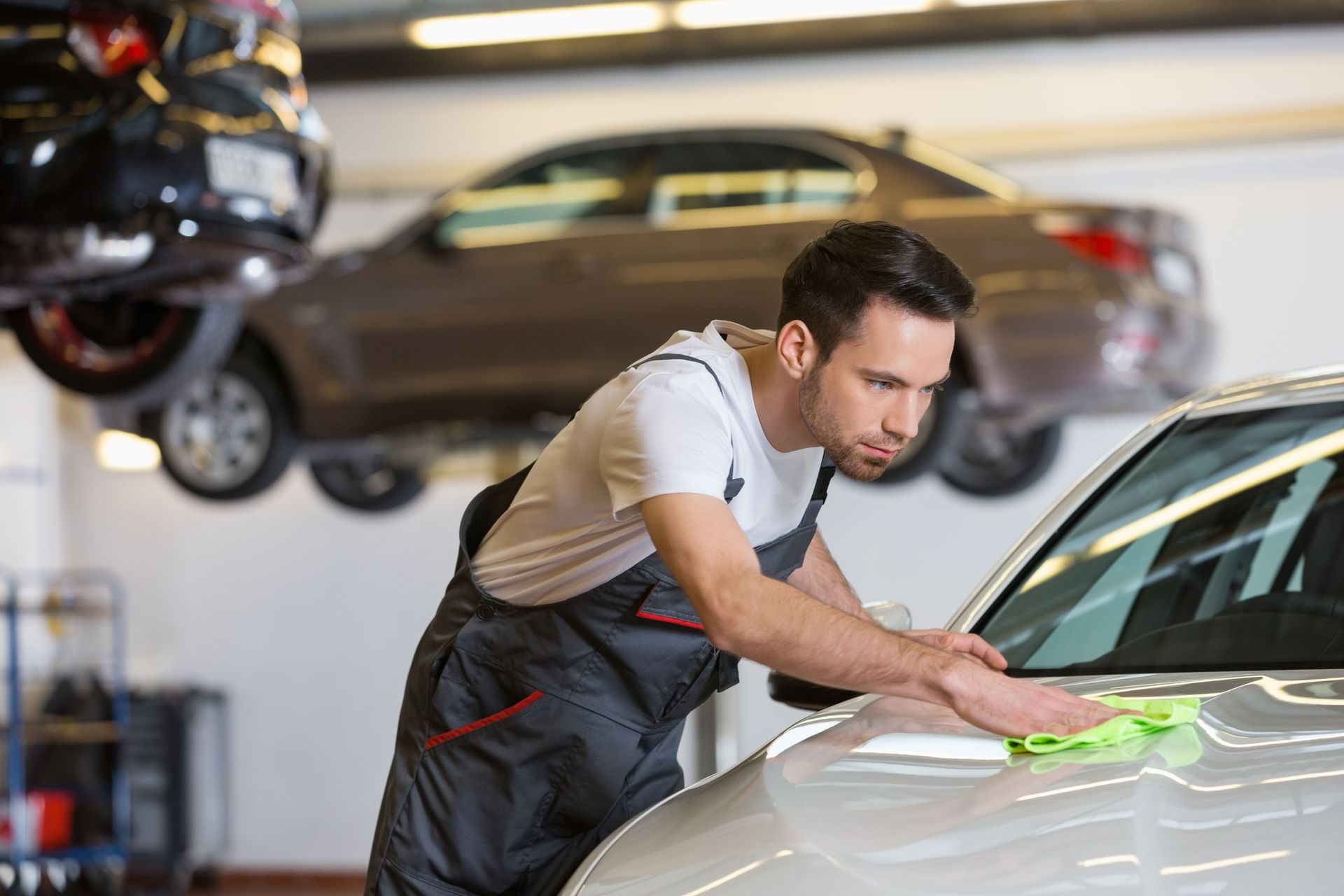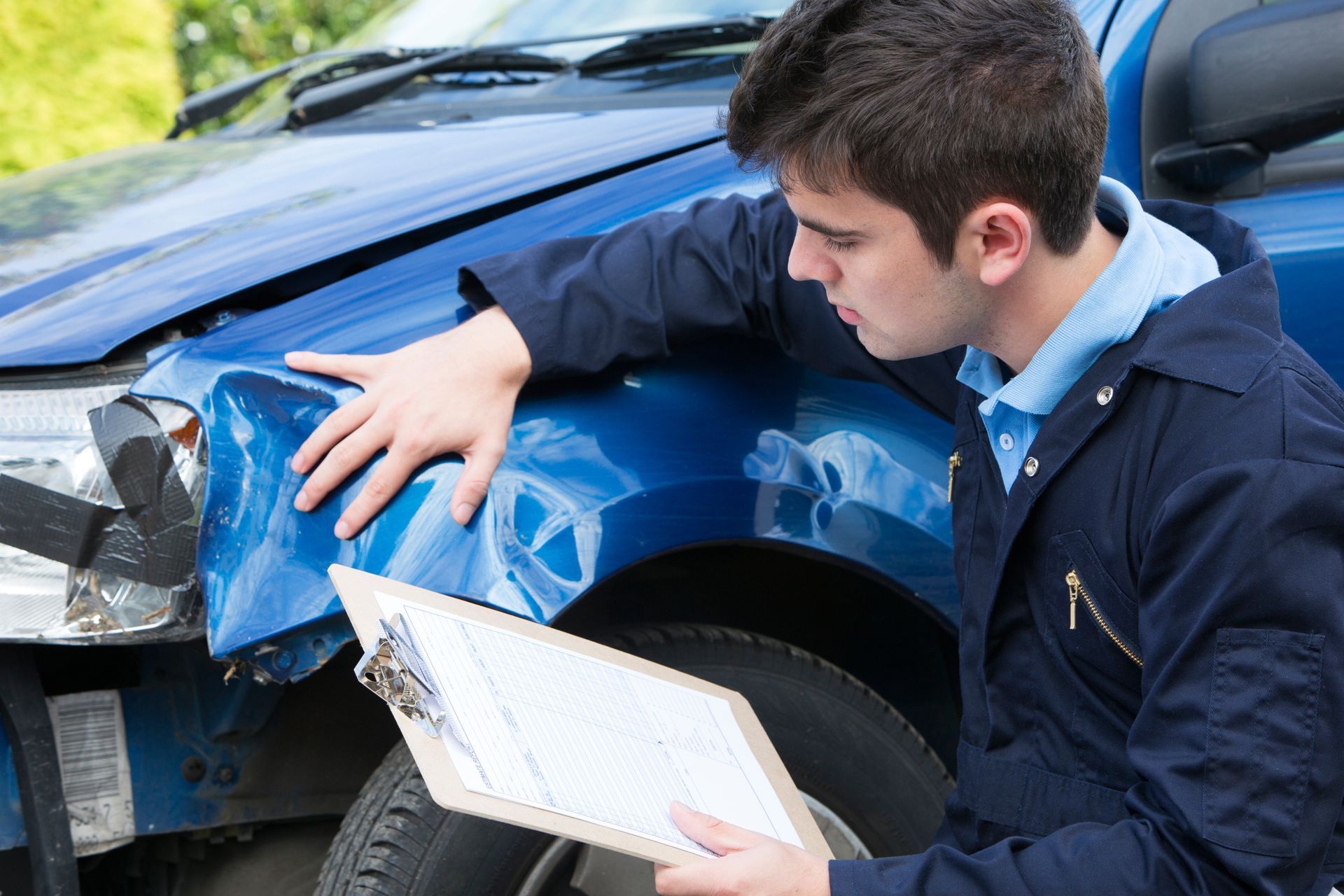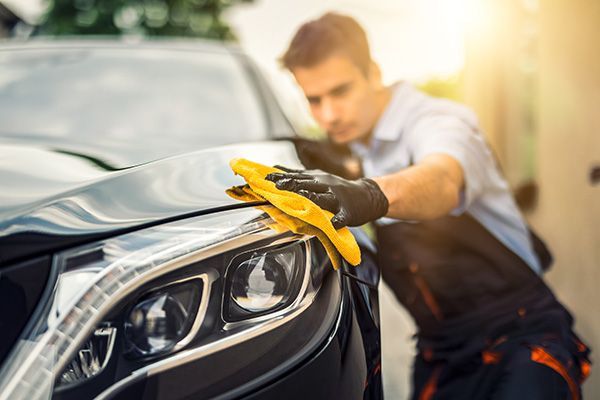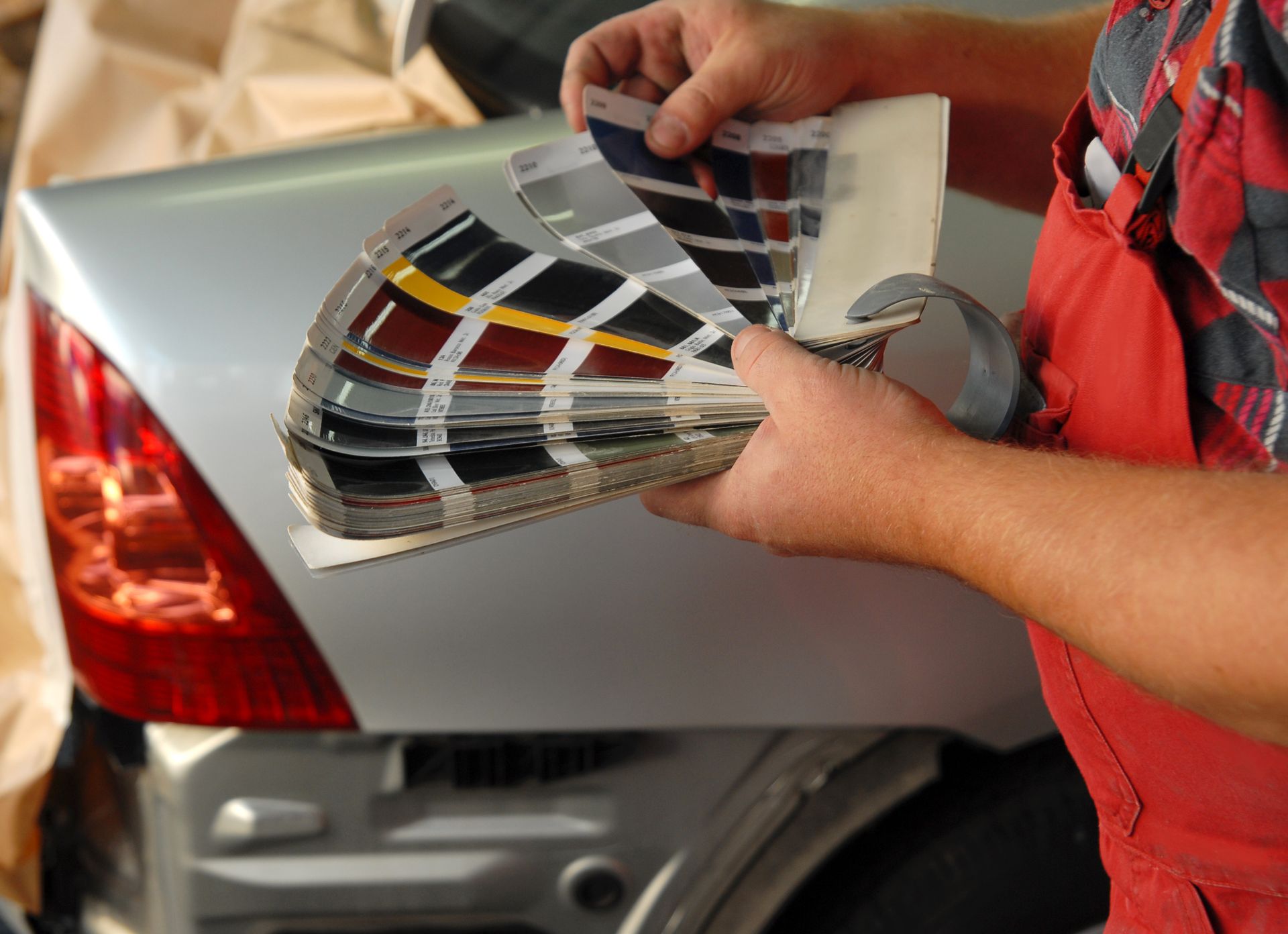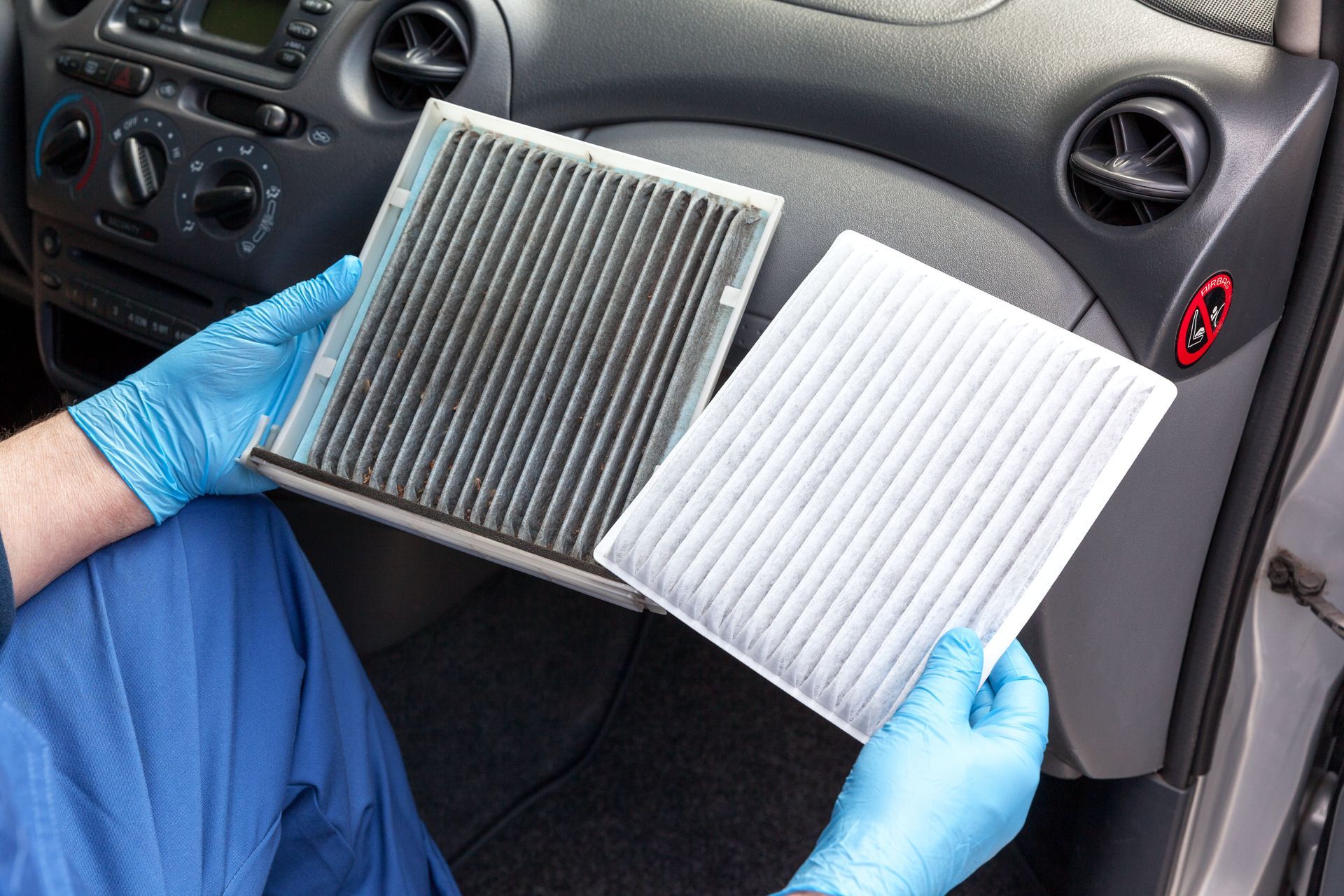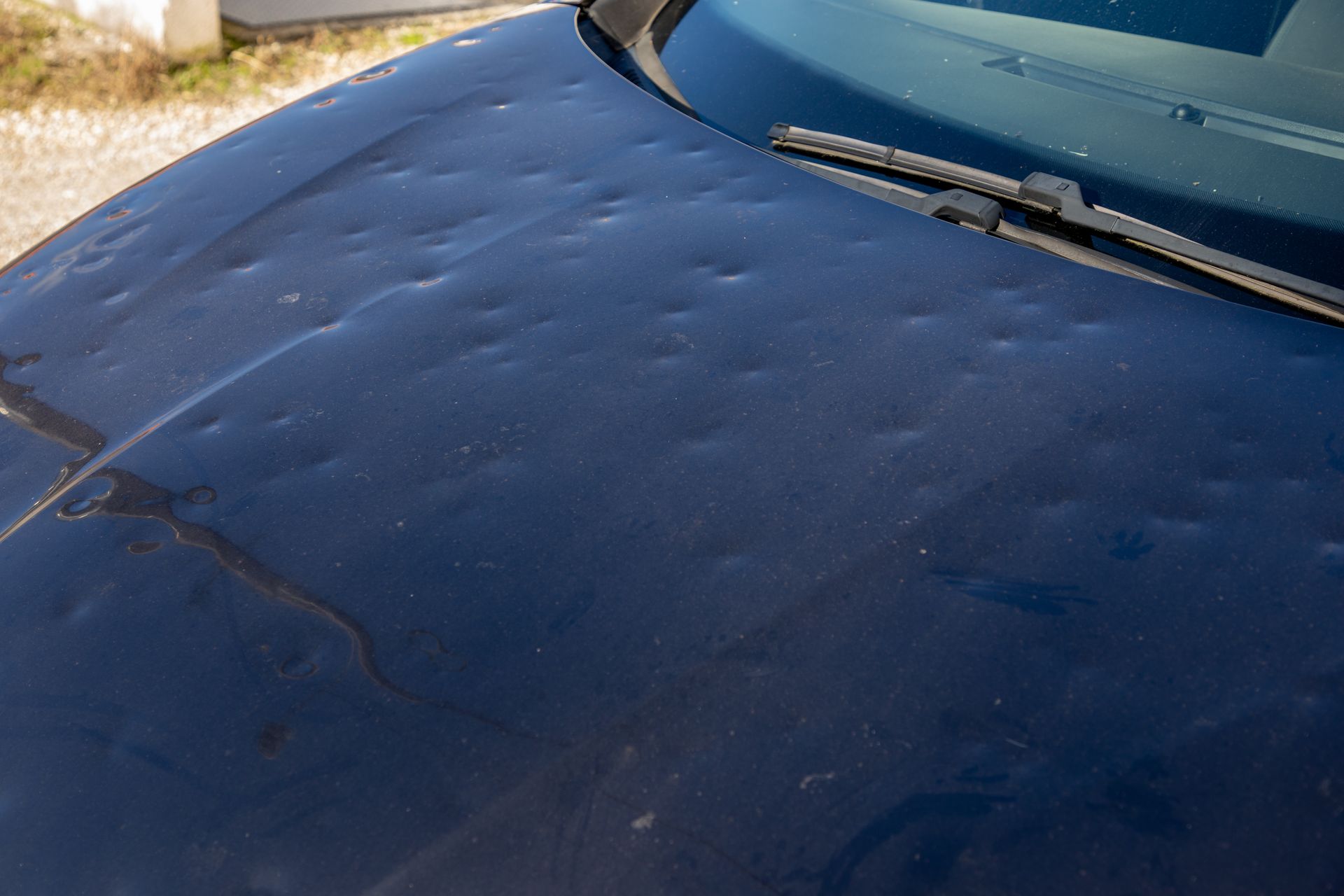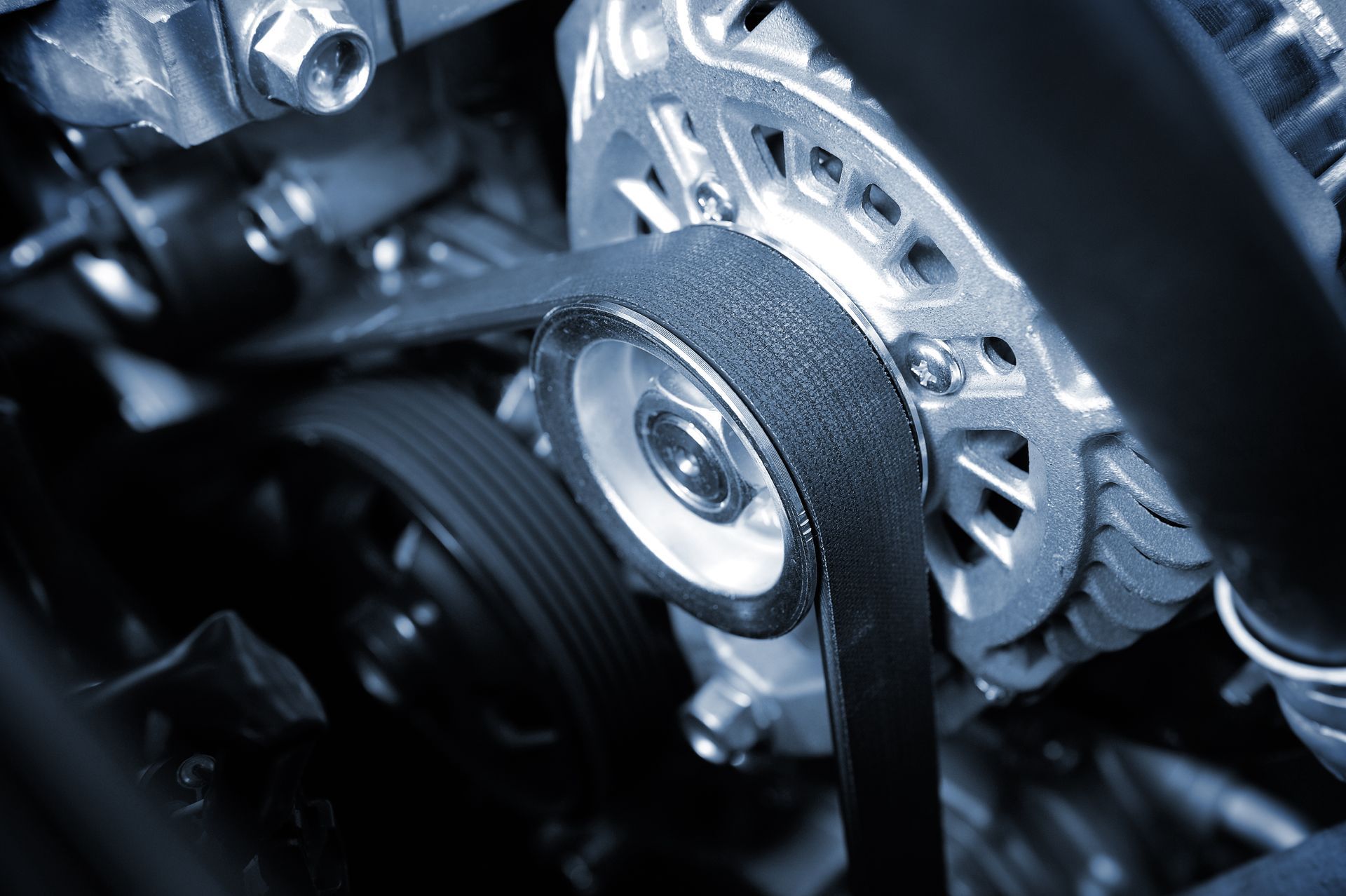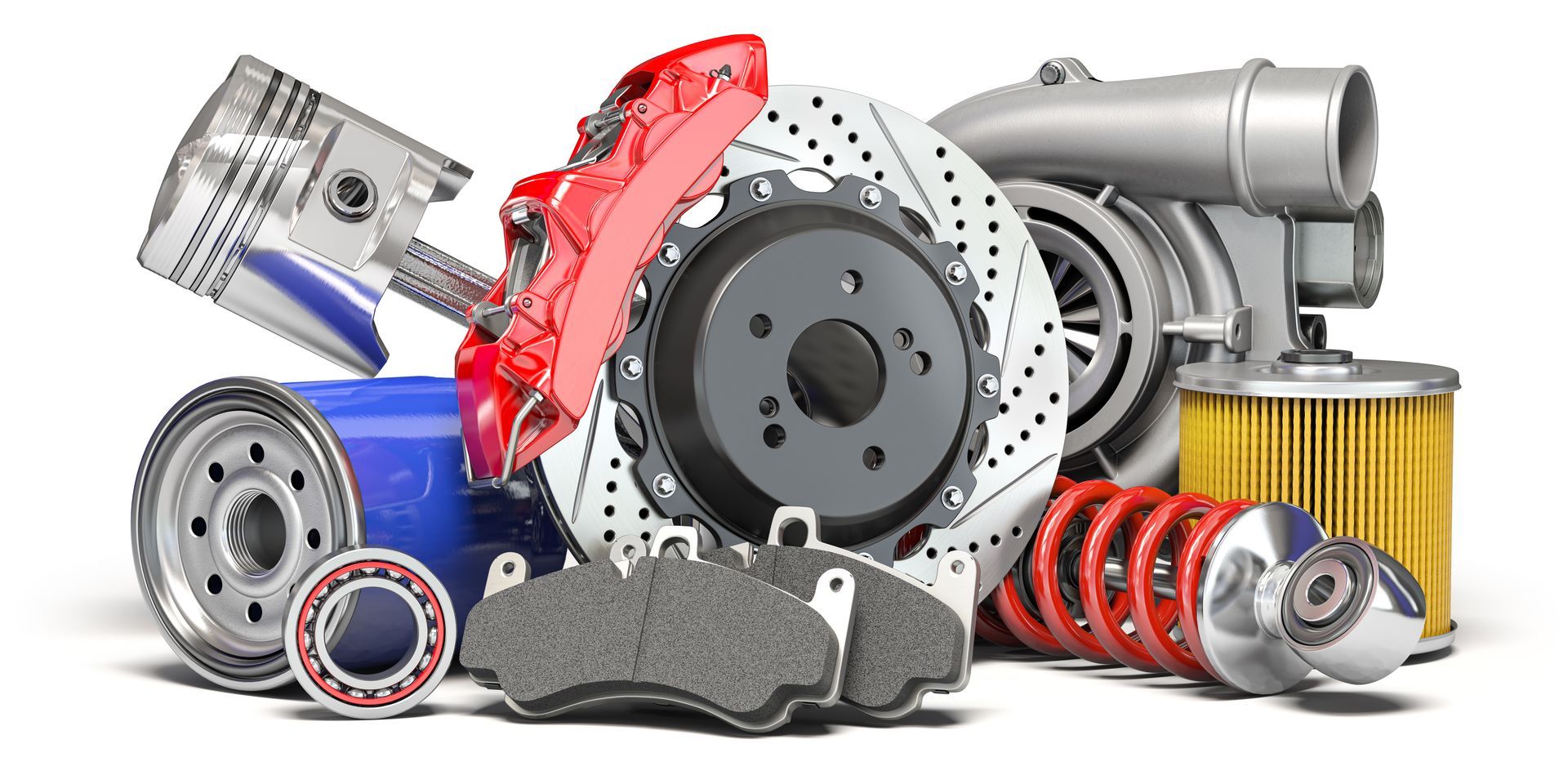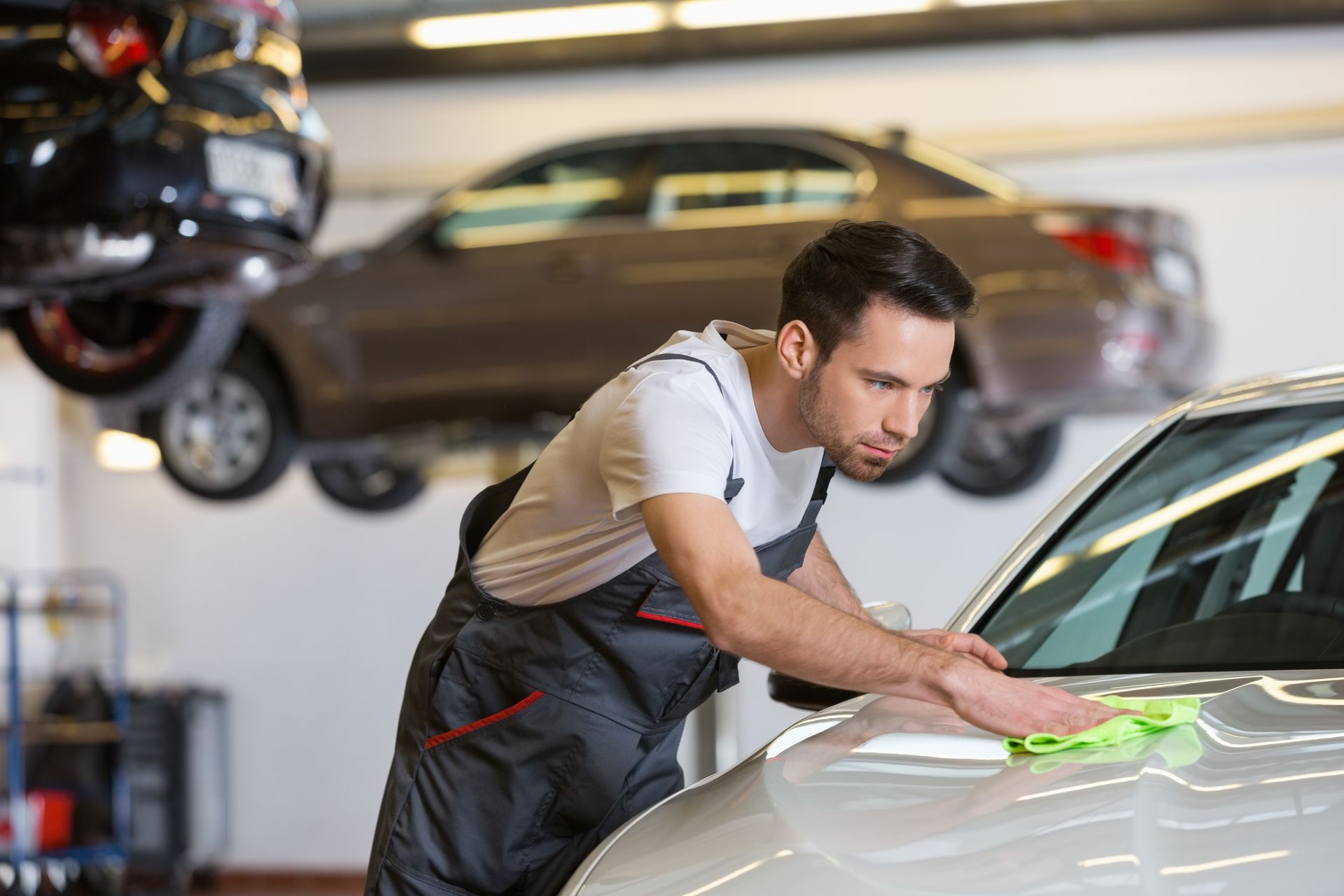Hearing an unexpected knocking sound coming from under your car’s hood can make any driver feel uneasy. While it might be tempting to turn up the radio and ignore it, a knocking noise is your car’s way of asking for help. It often indicates a deeper mechanical problem that, if left unchecked, can lead to serious engine damage and costly repairs. Let’s take a closer look at what that knocking sound might mean and why you shouldn’t ignore it.
Common Causes of Engine Knocking
Low-Quality or Incorrect Fuel
Using fuel with too low of an octane rating for your engine can cause pre-ignition or "knocking." In this case, fuel ignites prematurely in the combustion chamber, creating a knocking or pinging sound.
If your car requires premium fuel, using regular instead might save money at the pump but lead to more expensive repairs down the road.
Worn Engine Bearings
Engine bearings support the movement of parts like the crankshaft and connecting rods. Over time, these bearings can wear out, causing metal-to-metal contact and producing a deep knocking sound.
This type of knock is serious and often means the engine is at risk of major failure if not addressed quickly.
Carbon Build-Up
Over time, carbon deposits can accumulate inside the combustion chamber, changing the shape of the space where fuel and air mix and ignite. This can cause hot spots that lead to knocking noises.
Using high-quality fuel and periodic engine treatments can help minimize carbon build-up.
Faulty Spark Plugs
Spark plugs ignite the fuel-air mixture inside each cylinder. Worn or incorrectly gapped spark plugs can cause misfires, resulting in knocking or pinging sounds.
Replacing spark plugs at recommended intervals is a simple way to avoid this issue.
Problems with Timing
Your engine’s timing controls when the valves open and close and when the spark plugs fire. If the timing is off due to a worn timing belt, chain, or a malfunctioning sensor, it can cause the engine to run unevenly and produce knocking noises.
Other Related Noises
Sometimes noises that seem like "knocking" come from other sources:
- Loose or worn belts can create slapping or thudding sounds.
- Damaged pulleys or tensioners can cause repetitive knocking noises.
- Exhaust system issues may also produce loud banging or rattling.
- A professional inspection is the only way to accurately identify the source.
Why You Shouldn’t Ignore Knocking
Ignoring knocking noises can lead to catastrophic engine failure. For example, worn bearings can cause the crankshaft to seize, leading to a complete engine rebuild or replacement.
Continued driving with pre-ignition or timing issues can damage pistons, cylinder walls, and other expensive engine components.
Diagnosing the Problem
Pinpointing the exact cause of a knocking noise requires a thorough inspection by experienced technicians. They will:
- Listen closely to identify the type and location of the noise.
- Check for engine trouble codes.
- Inspect spark plugs and ignition components.
- Evaluate oil pressure and examine the condition of engine oil.
- Test fuel quality and review fuel system components.
This detailed approach ensures that the actual problem is resolved, rather than simply masking the issue.
Preventing Engine Knocking
While not all engine problems are preventable, good maintenance habits help reduce the risk:
- Use the recommended fuel type for your vehicle.
- Replace spark plugs and filters at proper intervals.
- Keep up with oil changes and use the correct oil grade.
- Address warning lights and unusual sounds immediately.
Proactive care goes a long way toward preserving your engine’s health and performance.
Trust Orlando City Auto Body in Orlando, FL
At Orlando City Auto Body in Orlando, FL, we understand how stressful unexpected engine noises can be. Our experienced technicians use advanced diagnostic tools and expertise to identify the source of knocking sounds and recommend the right repairs.
If you hear a knocking noise from under your hood, don’t wait for it to turn into a major repair bill. Contact us today to schedule an inspection and keep your car running smoothly and safely.

